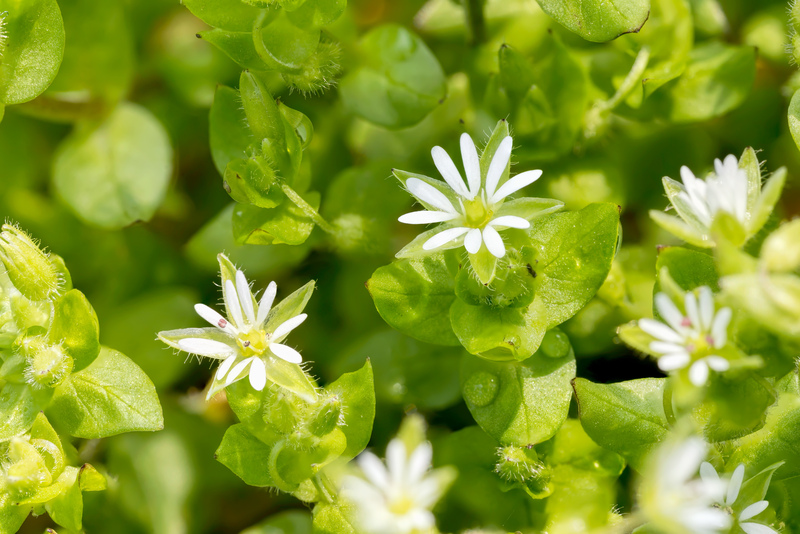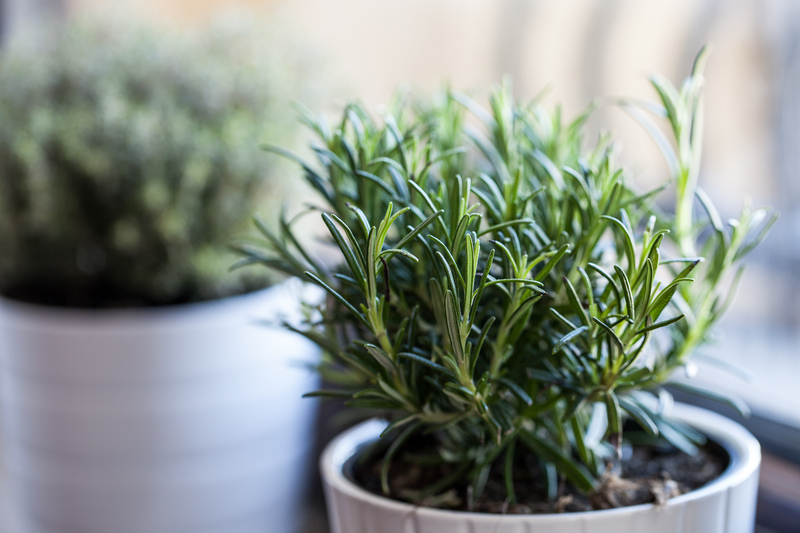9 Gardening Tips to Cultivate Your Beginner Skills
Posted on 18/09/2025
9 Gardening Tips to Cultivate Your Beginner Skills
Are you eager to dive into gardening but not sure where to start? Developing beginner gardening skills can be extremely fulfilling and rewarding. Whether you have a backyard plot or just a few pots on a windowsill, nurturing your first plants can transform your home--and your life! To set you on the path to success, we've assembled nine essential tips every new gardener should know. Let's turn your green dreams into thriving reality!
1. Select the Right Gardening Spot
The location of your garden is crucial to your success as a beginner. Start by observing your available spaces:
- Light: Most vegetables and flowers need at least 6 hours of direct sunlight per day. Track how the sun moves across your yard or balcony.
- Accessibility: Choose a spot that's easy to reach with a hose or watering can. You'll be more likely to tend your plants regularly if they're close at hand.
- Drainage: Avoid low-lying areas where water collects. Good drainage prevents root rot and other plant diseases.
Gardening for Small Spaces
If you're limited on space, try container gardening or vertical planting. Balconies, patios, and even sunny windowsills can accommodate herbs, greens, and flowers.

2. Understand Your Soil
Soil quality is fundamental to gardening success. Before planting, take time to understand what's under your feet:
- Soil Texture: Sand, loam, or clay soils all have different properties. Loam is often ideal but most soils can be improved.
- Soil Testing: Purchase a simple pH test kit or send a sample to your local extension office. Healthy plants generally prefer slightly acidic to neutral pH (6.0-7.0).
To boost your gardening skills, amend the soil with compost or organic matter. This improves fertility, structure, and water retention--all essential for beginner gardeners.
3. Choose Beginner-Friendly Plants
For your first gardening adventures, pick plants known for resilience and low-maintenance needs. Consider these easy growers:
- Herbs: Parsley, basil, mint, and chives are hard to kill, fast growing, and perfect for containers.
- Vegetables: Lettuce, radishes, and green beans require little space and mature quickly.
- Flowers: Marigolds, sunflowers, and zinnias add color and reliability to your garden.
Start small and expand as you gain confidence. This way, you can focus on nurturing your beginner gardening skills without feeling overwhelmed.
4. Master Watering Techniques
Proper watering is the foundation of healthy gardening habits. Here's how to keep your plants happy without overdoing it:
- Check soil moisture: Stick a finger an inch into the soil--if it feels dry, it's time to water.
- Water deeply but infrequently: This encourages roots to grow deep and strong, improving plant resilience.
- Morning watering: Watering early reduces evaporation and allows leaves to dry, preventing disease.
Avoid watering the foliage, as wet leaves can promote fungus. Aim the water at the base of your plants for best results!
5. Feed Your Soil (and Plants)
One of the keys to developing successful beginner gardening skills is learning to support healthy soil life. Remember: fertile soil equals strong, productive plants.
- Add compost: Homemade compost is packed with nutrients and improves soil structure.
- Use organic fertilizers: Choose slow-release, all-natural products to provide sustained nutrition.
- Mulch: Applying mulch regulates temperature, holds moisture, suppresses weeds, and adds organic matter as it breaks down.
Don't over-fertilize! Too much can burn plant roots and harm beneficial soil microbes. Always follow the product's instructions.
6. Weed Regularly and Mindfully
Weeds compete with your chosen plants for light, water, and nutrients. Make weeding a regular habit, especially in the early stages, to prevent them from taking over.
Pro Tip for Beginners
Pull weeds after watering or a rainstorm, when soil is soft and roots come out more easily. If you're consistent, you'll spend less time battling weeds later in the season.
7. Observe and Respond to Your Garden
One of the joys of gardening is developing a keen eye for plant health. Check your garden every day or two for:
- Wilting or discolored leaves
- Unusual pests or insects
- Signs of diseases (spots, mold, stunted growth)
The sooner you notice a problem, the easier it is to address! Remove sick plants if needed and research safe, natural pest remedies. This observational skill is a cornerstone of successful gardening.
8. Label and Keep Records
Record-keeping is a simple skill that will vastly improve your gardening experience. For each plant or bed, label what you've planted and when. Keep a notebook or digital journal that tracks:
- Planting date
- Varieties and sources (seed company or nursery)
- Fertilizer and watering schedules
- Pests, diseases, and remedies used
These notes become more valuable every year. You'll learn what works best for your unique conditions, and can easily repeat (or avoid!) past results.

9. Keep Learning and Enjoy the Process
Gardening is both an art and a science. No one gets it perfect the first time. Mistakes are just part of cultivating your gardening beginner skills.
- Read gardening books and blogs for new ideas and inspiration.
- Visit local nurseries or community gardens and talk to experienced gardeners.
- Join online forums or local clubs to swap tips, seeds, and stories.
Most importantly, have fun and savor the small victories--whether that's your first basil sprout or a full basket of tomatoes.
Conclusion: Grow Your Beginner Gardening Skills Every Season
Starting a garden is an enriching journey that brings beauty, health, and solace. By focusing on these gardening tips for beginners, you'll develop a strong foundation and the confidence to tackle new challenges. From choosing the perfect site to learning from each harvest, every season brings new lessons and joys.
Remember: Gardening is a continuous process, not a single event. With patience, curiosity, and care, you'll nurture not only your plants but also your growing gardener's spirit. Happy growing!
- Start small and build your skills with each success
- Experiment with new plant varieties and growing methods
- Embrace every season as an opportunity to learn and thrive
Share these gardening tips with fellow beginners, and keep cultivating your knowledge--one leaf at a time!
Latest Posts
Tackling Neglected Gardens: First Moves for a Makeover
Explore Inspiring Zen Gardens for Restful Outdoor Spaces
9 Gardening Tips to Cultivate Your Beginner Skills
Discover the Best Evergreen Climbers for Shady Areas
Gardening's Potent Power in the Battle Against Climate Change

